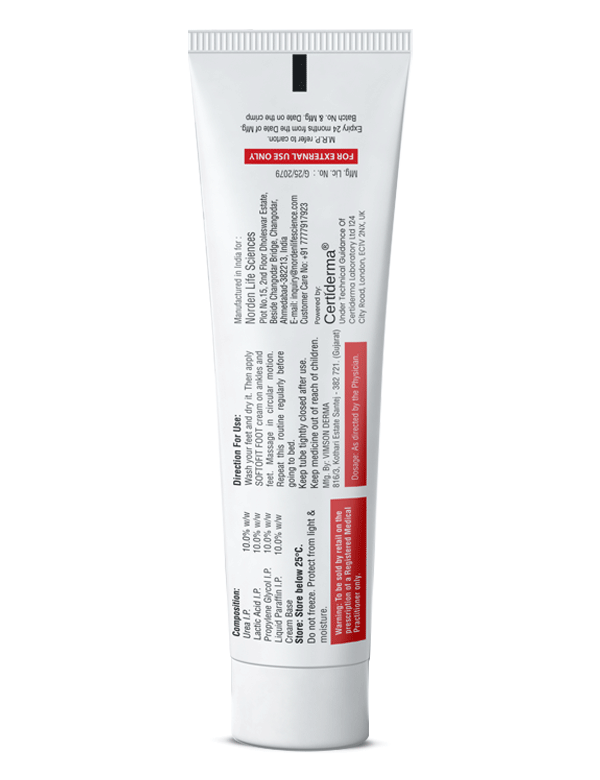

CLINDEN-300 CAP
COMPOSITION
Clindamycin 300mg
PACK SIZE
10*10
PACKING
Alu-Alu
THERAPEUTIC CATEGORY
Anti biotic

Verified Exporter

Verified Seller
Trusted Pharma

Uses
Bacterial Infection Treatment: Clindamycin is an antibiotic used to treat a variety of bacterial infections, particularly those caused by anaerobic bacteria and some strains of Gram-positive bacteria.
Skin and Soft Tissue Infections: Commonly prescribed for treating severe skin infections such as cellulitis, abscesses, and infected wounds.
Respiratory Infections: Used to treat respiratory tract infections like pneumonia, bronchitis, and sinusitis caused by susceptible bacteria.
Bone and Joint Infections: Effective in treating osteomyelitis (bone infections) and septic arthritis when caused by susceptible organisms.
Dental Infections: Often used for the treatment of serious dental infections, particularly in patients allergic to penicillin.

Effects on the Body
Inhibition of Bacterial Growth: Clindamycin works by inhibiting bacterial protein synthesis, effectively stopping the growth and spread of bacteria.
Targeted Therapy: Provides effective treatment against anaerobic bacteria and certain Gram-positive bacteria, making it useful for specific types of infections.
Anti-Inflammatory Effects: Besides its antibacterial properties, Clindamycin also has some anti-inflammatory effects, which can help reduce infection-related inflammation.
Penetration into Bone Tissue: It effectively penetrates bone tissue, making it particularly useful in treating bone infections.

How to Use
Dosage: Take as prescribed by your healthcare provider, typically every 6 to 8 hours depending on the severity of the infection.
With Water: Swallow the tablet with a full glass of water to prevent irritation of the esophagus.
Complete the Course: It’s important to finish the entire prescribed course, even if symptoms improve, to fully clear the infection and prevent antibiotic resistance.
Avoid Missing Doses: Take the medication at evenly spaced intervals to maintain consistent levels in the blood.

Precautions
Gastrointestinal Issues: Clindamycin can cause gastrointestinal side effects, including diarrhea, nausea, and abdominal pain. Severe diarrhea or colitis may indicate a more serious condition (C. difficile-associated diarrhea).
Liver and Kidney Function: Use with caution in patients with liver or kidney impairment, as dosage adjustments may be required.
Allergic Reactions: Inform your doctor if you have a history of allergies to Clindamycin or other antibiotics, as it can cause severe allergic reactions in some people.
Drug Interactions: Clindamycin can interact with other medications, so provide your healthcare provider with a list of all medications you are currently taking.
Pregnancy and Breastfeeding: Discuss with your doctor if you are pregnant or breastfeeding before using this medication.
Related Products
- Rated 0 out of 5
- Rated 0 out of 5
- Rated 0 out of 5
- Rated 0 out of 5




















Reviews
There are no reviews yet.